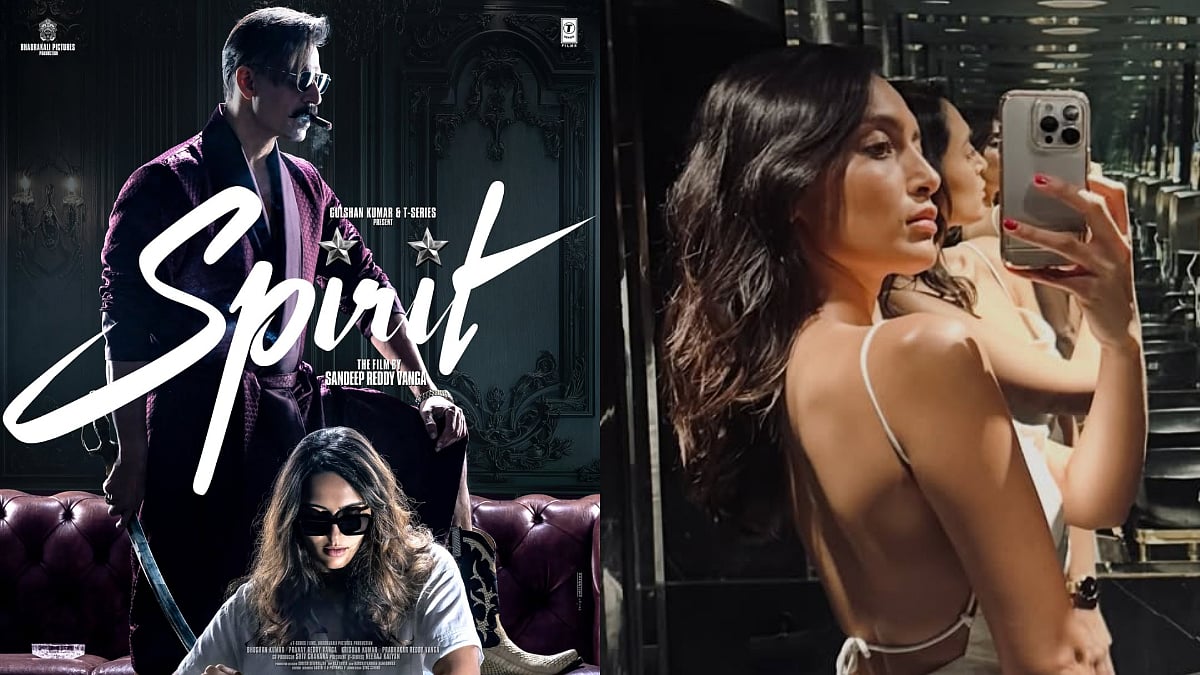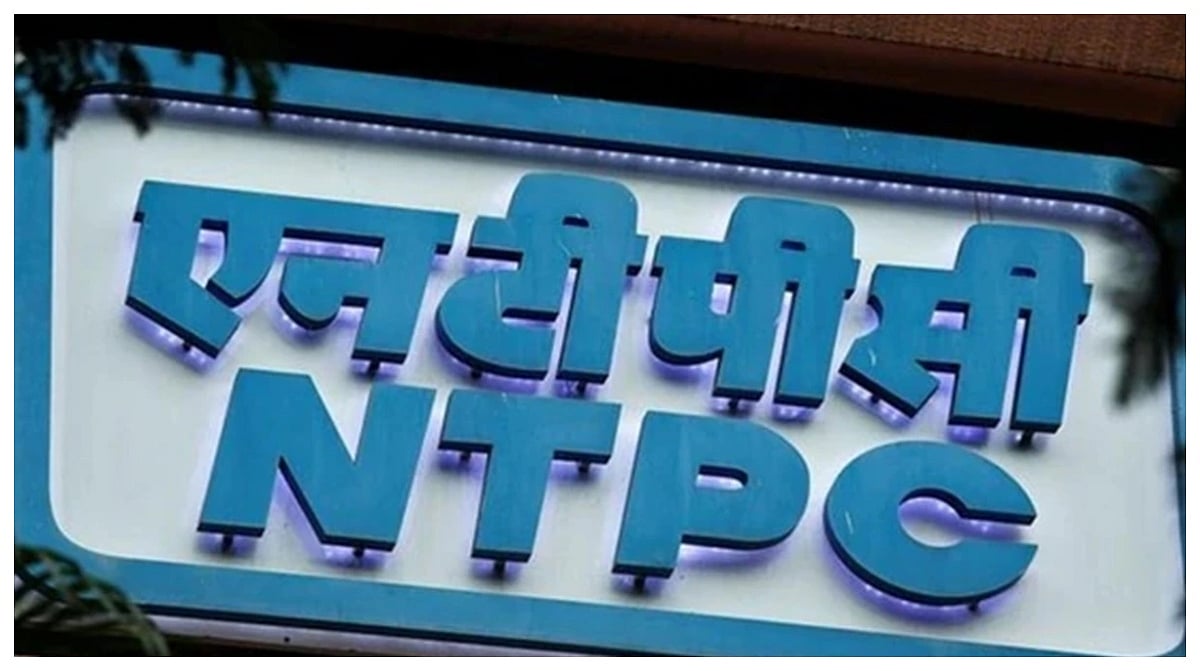Had just watched Manmarziyaan, in which the leading lady is a spitfire. One scene, however, was particularly galling; she has just gotten married — of her own free will — she storms into the hotel room after the wedding, orders food from room service only for herself, turns on the TV and gives the husband the cold shoulder, which he has done nothing to deserve. She may have been angry because her boyfriend did not want to get married, but that’s no reason for such churlish behaviour.
So, posted on social media walls, without mentioning the film or the scene, the comment, “When our filmmakers want to portray a woman as bold, why is she also ill mannered and inconsiderate?” This brought forth some very interesting comments, mostly from exasperated women, who resented the mostly negative portrayal of independent women, and the twisting of the word bold into something nasty. Quoting some of them to get an idea from a very tiny sample size of what the perception of the bold woman is, there is a slight degree of divergence between how women and men see the picture.
Writer and filmmaker Vinta Nanda wrote, “In their parlance, regressive storytelling is family oriented, which they can sit and watch with their family comfortably without having to leave the room or wishing that the elders leave the room; and progressive storytelling is, now ever since web-individual-viewing-culture-has-emerged, that which you can sit and watch alone. They don’t know anything in between. Women taking decisions for themselves, women in leadership roles, women in independent, liberal portrayals without being ill mannered, abusive, violent, sexy, objectified is something they just cannot understand. Women like you and me are called either lesbians or frustrated singles who couldn’t find men. I’m not joking, I’m serious. I saw a very compelling discussion between two top supposedly ‘independent’ entertainment women leaders only yesterday, and this is what they were saying… Even being narrow minded can be attributed to ignorance and lack of exposure. This is nothing short of perversion.”
Another writer and filmmaker Veena Bakshi wrote, “Because polite ladylike well mannered women aren’t bold. Simple. Bold means bad. Like a confident woman means an aggressive woman. The number of times I have been told don’t get excited when I am debating a point….Another thing is strong women are often called bold women. Having said that there are women who ACT bold. Behave in a certain boorish manner in public, abuse without reason, all attention seeking behaviour. I would call such women weak. But bold and strong are often mistaken for one another.”
Writer, actor and theatremaker Neha Singh: “And also she smokes and drinks and can’t keep relationships. It’s just a reflection of patriarchy where even wannabe progressive people cannot imagine a bold woman in a non-cliched way.”
Abhishek Dwivedi D wrote, “I agree with your comment as well as Neha Singh’s comment. She just can’t be shown being happy after a divorce or being unmarried at 30+. Instead, she HAS to be shown smoking, drinking and getting in and out of relationships. She fits the bad-with-a-heart-of-gold stereotype. The only difference this time around is that earlier, this used to be reserved for women in the oldest profession. Today, working class women in “gandey” professions like journalism and advertising (strictly not doctors or IAS afsars) are also shown like this. That’s the “progress” made.”
Journalist Namita Shibad “Stupid stereotypes. Like chalu women smoke and drink. But the tragedy is that such portrayals are taken seriously by many.”
Actor Vikrant Chaturvedi: “It’s not what filmmakers only portray… It’s also the way women see themselves if they want to come across as bold. All my bold women friends are also slightly aggressive, hugely argumentative and seem almost always willing to pick up a fight. Many bold women I know have started abusing in choicest of Hindi abuses, maa-bahen types just to seem bold. I have so many times discussed with them that this is not representing boldness but they have a strange logic. They feel politeness, manners and being slightly soft spoken etc are images created by patriarchy to limit them into boxes. I don’t know what is the truth here, but films are only potryaing what is seen around.”
Writer, filmmaker Madhureeta Anand retorted, “I don’t know which women you talk about. All the liberated strong ones are easy and appropriate with their language — body and otherwise. It’s a sign of their liberation when they don’t feel confined in one stereotype or another… This is the theme they love. Always a drunk, abusive, ill-mannered woman is the liberated one. It’s some stupid teenage fantasy they have. It’s really annoying. Film after film after film…it’s a form of abuse.”
Journalist Rajesh N Naidu: “It is so irritating especially these so called new-wave directors…there is such a smug assumption in such portrayals that they have almost become a norm in almost all films…as if there is no other side to today’s women.”
FTII alumna Batul Mukhtiar: “There is a prototype of a bold, independent woman which has become very tiresome in our films.” Actor, director Kaizaad Kotwal: “As though a woman who is sexually comfortable is outside the norm and bold against the conventions she should be adhering to. B****s I say.”
Writer, trainer Shibangi Das: “As a very young girl in her first ever job, I was told that to succeed in my job, I had to be “twice the man” to be successful. I saw this being reflected among women in top positions, who may have been smart people, but absolutely unapproachable and unlikeable because of how aggressive they were and the language they used. Moreover, they got away with saying things to their male subordinates, which if told by a male employee to a female colleague in a workplace would amount to sexual harassment. They have only seen freedom and power in the context of masculinity, so that is their narrow-minded definition of independence and boldness. Pretty off-putting, I’d say.”
Hyderabad-based journalist Manju Latha Kalanidhi: “In Telugu movies, good bahu wears saree, wakes up early, does Tulsi pooja, gives morning coffee and kiss to husband; Bad bahu wakes up late, wears revealing sleeveless nightie, holds a puppy in hands and yells for a coffee from her duplex bedroom door.”
Chennai-based Journalist Daya Kingston: “Indians always love the ‘taming of the shrew concept’. A bold girl being nice will mean more women following her! Bold is not desirable to most patriarchal Indians.”
Some food for thought for our screenwriters, film and TV makers!
Deepa Gahlot is a Mumbai-based columnist, critic and author.




